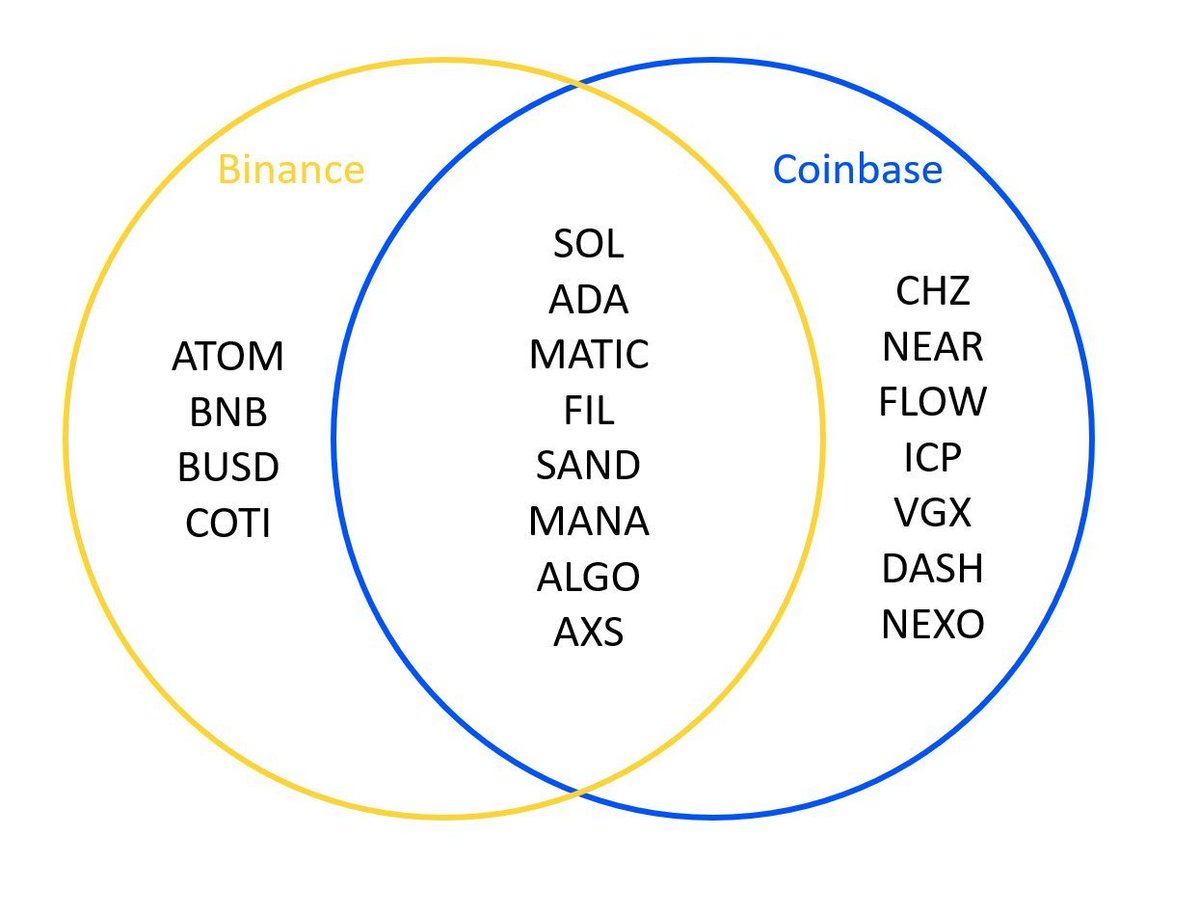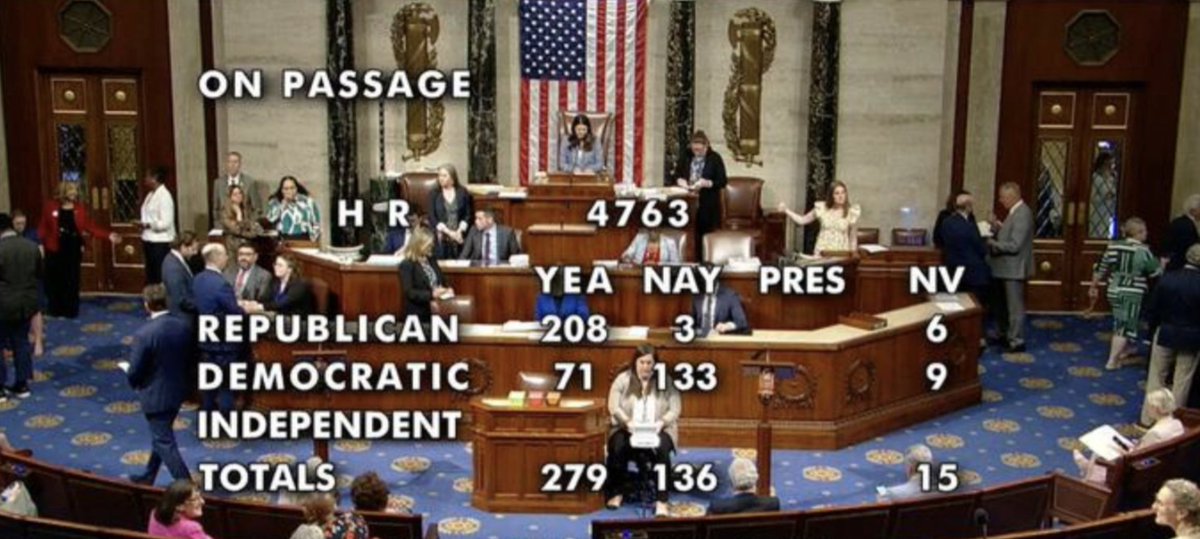Next token to speculate on ETF?
By Uncle Jian
Last Friday, a vote was initiated "After $BTC $ETH, what token do you think will be the next to speculate on ETF?" The result was 63.6% of people chose SOL.
After the approval of ETH ETF, the market indeed has high expectations for SOL⤵️
Geoffrey Kendrick, Director of Foreign Exchange and Digital Asset Research at Standard Chartered Bank: SOL, XRP and other cryptocurrencies may receive approval for ETFs in 2025.
Anthony Scaramucci, Founder and Managing Partner of SkyBridge Capital: We will prepare for SOL ETF.
BKCM CEO Brian Kelly stated on CNBC: Solana may be the next cryptocurrency ETF.
Why do so many people choose SOL?
Obviously, it's because it has "consensus support".
The embodiment of consensus, simply put, is market value. From this perspective, if we open coingecko and look at the Top10 or Top5, SOL is indeed the most likely.
And what is the biggest problem with SOL?
On 6/5/2023, in the Binance case, SOL was classified as a security by the SEC.
On 6/6/2023, in the Coinbase case, SOL was classified as a security by the SEC.
Why is it not good for ETF if it is determined as a security? What is the relationship between the two?
In the United States, securities are regulated by the SEC, and they need to comply with a series of regulations, meet SEC registration and disclosure requirements, and may have trading restrictions, etc. It's relatively strict.
For example: SEC=supermarket🏪, cryptocurrency=fruit🍎, ETF=fruit basket🧺
Being considered non-securities is like labeling the fruit as "ordinary fruit", making it easy to put into the fruit basket.
Being considered securities is like labeling the fruit as "special fruit", so it needs to meet more rules and requirements of the supermarket, making it difficult to put into the fruit basket.
A year ago, the SEC classified SOL as a security, so it is impossible for them to turn around and say SOL is not a security now (they also have their reputation to uphold), so SOL ETF is not possible in the short term.
In addition, in the two aforementioned lawsuits, tokens classified as securities also include BNB, BUSD, ADA, MATIC, ATOM, FLOW, ICP, and 18 other tokens. Similarly, these tokens are also unlikely to pass ETF in the short term.

There is also good news - FIT21 Act
On 5/22/2024, the FIT21 Act was passed by the U.S. House of Representatives with 279 votes to 136. This has profound significance for the industry, which is not inferior to the approval of ETH ETF (although the market's attention is generally lower).
The key points of the FIT21 Act for us👇
🔸 Clearly defines the two types of digital currencies and their regulatory agencies
Decentralized tokens=digital commodities, regulated by the CFTC.
Non-decentralized tokens=securities, regulated by the SEC.
🔸 Definition of decentralization
No one can control the entire blockchain network alone.
No one owns more than 20% of digital assets or voting rights.
FIT21 improves the entire regulatory system of digital currencies and expands the industry's freedom. Especially the two points mentioned earlier, it implies paving the way for more ETFs.
To learn more about the FIT21 Act, you can read the article by a16z:
https://a16zcrypto.com/posts/article/fit21-why-it-matters-what-to-do/

Conclusion
Americans are known for their fickleness. Just because a token is currently defined as a security doesn't mean it will always be.
Returning to the initial topic, who will be the third cryptocurrency to pass an ETF, I believe SOL is one of the most likely targets. Whether it will be in the next year or the next three to five years depends on the progress of the subsequent FIT21 Act (the process of a bill becoming a law: House of Representatives ✓—Senate—Presidential signature) and how the specific definitions of "digital commodities" and "securities" are implemented.
免责声明:本文章仅代表作者个人观点,不代表本平台的立场和观点。本文章仅供信息分享,不构成对任何人的任何投资建议。用户与作者之间的任何争议,与本平台无关。如网页中刊载的文章或图片涉及侵权,请提供相关的权利证明和身份证明发送邮件到support@aicoin.com,本平台相关工作人员将会进行核查。




